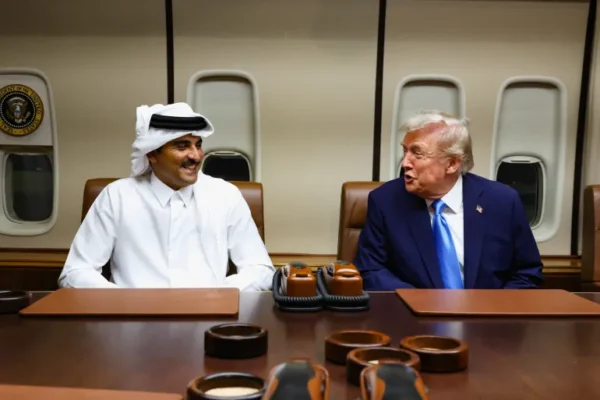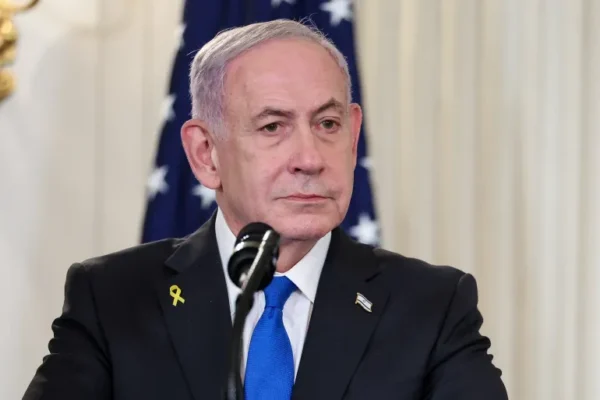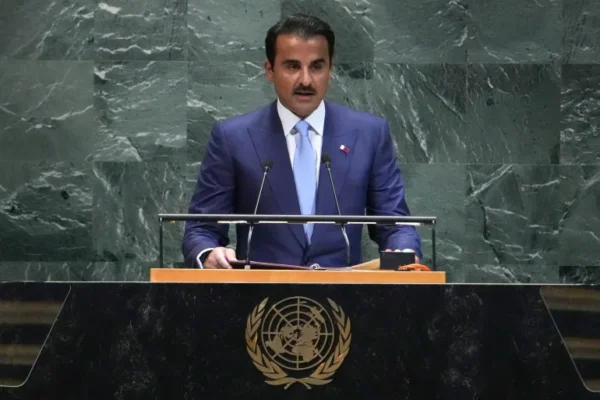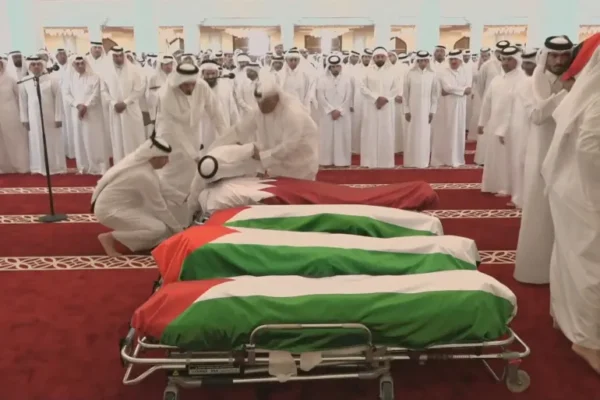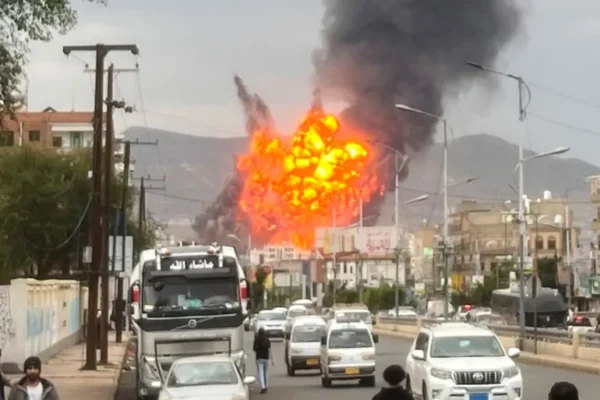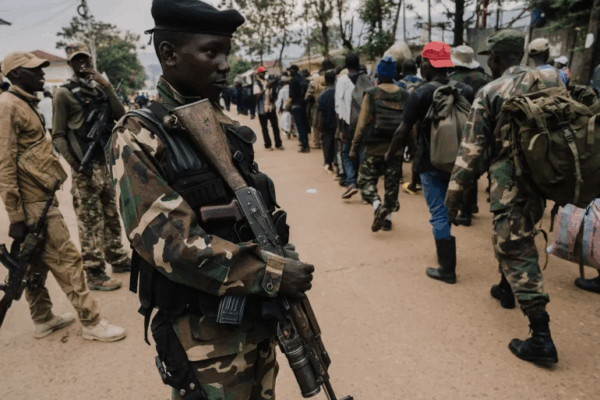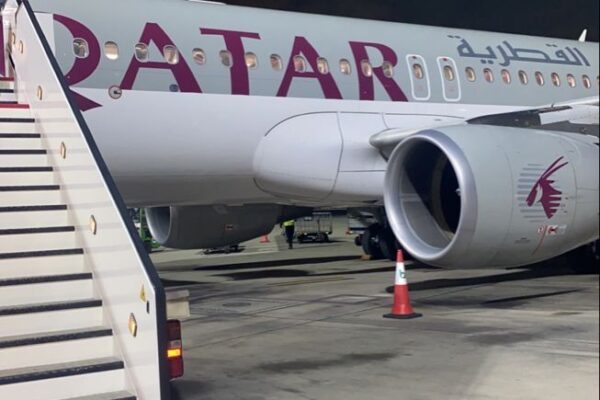
248 Passengers Escape Death As Qatar Airways Plane Makes Emergency Landing In Lagos
At least 248 passengers narrowly avoided a disaster on Friday night when a Qatar Airways flight experienced a technical fault mid-air and was forced to make an emergency landing at Lagos’ Murtala Muhammed International Airport. The Lagos State Emergency Management Agency (LASEMA) confirmed that the aircraft, carrying 248 passengers and 12 crew members, sent out distress signals while flying within Nigerian airspace, prompting an immediate emergency response. According to a preliminary LASEMA report, the agency activated its emergency response plan after receiving alerts through its 767/112 toll-free emergency lines. Emergency landings occur when unexpected technical problems arise, with pilots communicating directly with air traffic control to safely guide the plane to the runway. “Following distress alerts received at the Command and Control Centre in Alausa, Ikeja, the Lagos State Emergency Management Agency promptly activated the State’s Emergency Response Plans,” the report said. Eyewitnesses described tense moments as emergency personnel lined the runway while passengers braced for the unplanned landing. On arrival, LASEMA’s Lagos Response Team confirmed that the aircraft had safely touched down despite the technical fault. The report credited the pilot for successfully executing the landing under pressure. “The pilot executed a safe landing on the runway at Murtala Muhammed International Airport with LASEMA response teams and other emergency responders on standby,” it said. After the landing, the aircraft was checked by the pilot and engineering crew before being moved to the apron for a more detailed inspection and repairs. All passengers were safely evacuated, and no injuries were recorded. LASEMA noted that the plane sustained no major damage and that recovery operations had been completed. “The aircraft has been secured on the apron, recovery activities have been completed, and the rescue operation has been safely concluded,” the agency said. Emergency teams on site included LASEMA’s Command and Control Centre, LASAMBUS, the Lagos State Fire and Rescue Service, and the Federal Airports Authority of Nigeria. The Nigeria Civil Aviation Authority confirmed the incident, with spokesperson Michael Achimugu stating, “I can confirm that there was an air return. Details will be communicated later.” Qatar Airways had not responded to requests for comment sent to its country manager, Ken Chirchir, as of the time of reporting.


